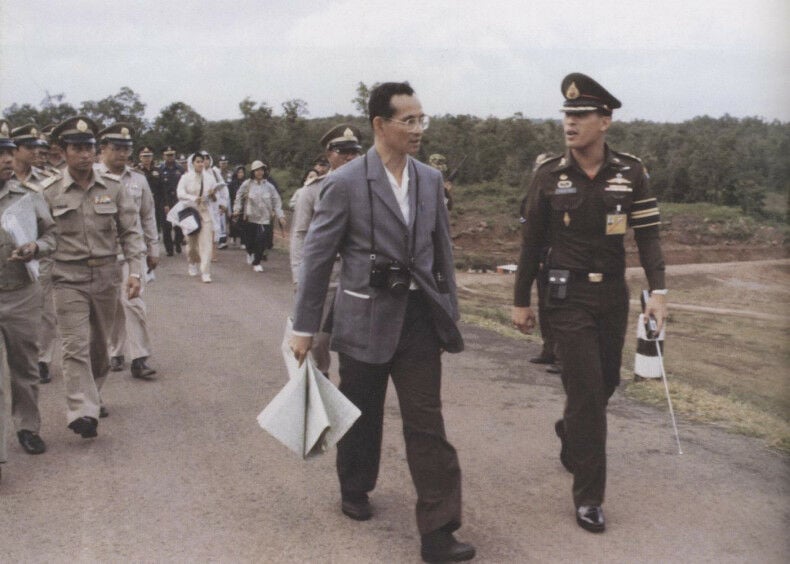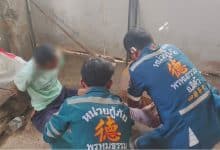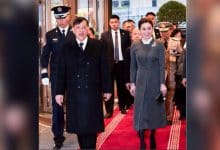Thai king’s sustainable model boosts Thai agriculture

King Maha Vajiralongkorn Phra Vajiraklaochaoyuhua’s Khok Nong Na Model is revitalising Thai agriculture with its sustainable approach designed for the people’s happiness. The model advises farmers to divide their land into equal parts for plant cultivation, pond construction, and housing.
To commemorate the king’s 71st birthday last year, reporters interviewed Wiwat Salyakamthorn, former agriculture and cooperatives minister, who now chairs the Sufficiency Economy Institute and founded the Agri-Nature Foundation. Wiwat discussed the model’s principles and importance, noting that it was first depicted in a drawing by the king.
Wiwat, also known as Ajarn Yak, has been a key figure in this initiative. He began his collaboration with King Bhumibol Adulyadej the Great in 1981, working on previous versions of the model before partnering with King Rama X on the current iteration. In 2020, he started working with King Maha Vajiralongkorn as a teacher at Rong Rien Jitarsa, the Royal Thai Volunteers’ School.
Aspiring teachers for the school must submit applications to the secretariat. Wiwat was personally selected by the King to teach agriculture to royal volunteers.
“I didn’t think I would get the opportunity to work with His Majesty, who is a progressive and thoughtful person who used his pilot’s mind to look for well-rounded solutions to problems.”
The Royal Volunteer School was established to enhance the capabilities of citizens who wish to serve the public. The school welcomes anyone interested in learning more about the Khok Nong Na Model.
The first three groups of students, including two royal aides-de-camp, trained at the 200-rai Khok Nong Na ranch at the 11th Infantry Regiment base, which was converted into a training centre modelled after the Mab-Euang Agriculture Centre in Chon Buri’s Ban Bung district.
The Agri-Nature Foundation initially organised five 14-day courses for 2,500 participants, reflecting the king’s vision of promoting practical public service to meet immediate needs.
Volunteers are encouraged not only to learn about the model but also to perform good deeds for the country. Wiwat highlighted the King’s focus on developing the country through human resources.
Farming training for prisoners
The Department of Corrections was the first to implement the model in September of that year, starting with 80 inmates at the Central Women’s Correctional Institution. The programme was later expanded to other prisons nationwide to equip prisoners with skills to sustain themselves post-release.
The project initially included 80 convicts at the Central Women’s Correctional Institution, 27 of whom were foreigners set to be released by royal pardon in 2020. It then expanded to Klong Prem Central Prison and another 137 prisons nationwide.
Wiwat’s training session incorporated art therapy, where convicts worked with clay before moving on to practical farming. Each convict spent seven to 10 days learning crop cultivation.
In 2020, 100,000 convicts participated in the programme. Recidivism dropped from 16% to less than 6% after their release, indicating the programme’s success.
King Maha Vajiralongkorn funded the project, spending over 89 million baht in 2020. Wiwat emphasised that the model aims to impart valuable knowledge to participants, enabling them to apply it in their hometowns, reported Bangkok Post.
“His Majesty urged the public not to be jealous of others. He wants everyone, including royal family members, to become a role model for others, which is why he became involved with the model.”
Latest Thailand News
Follow The Thaiger on Google News:


























